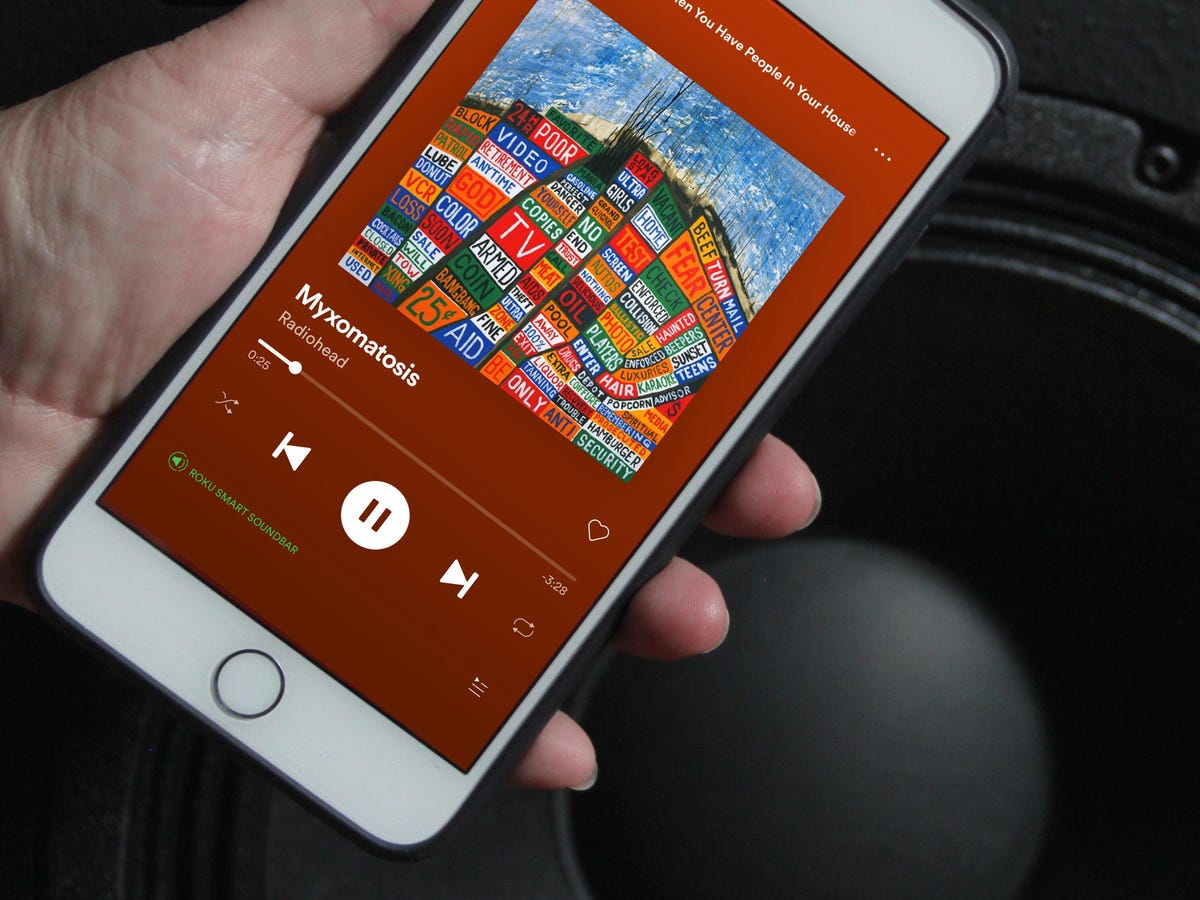In the dynamic landscape of digital services, Spotify is gearing up for a potential game-changer. The spotlight? Apple’s App Store policies that have long hindered in-app purchases for companies like Spotify. A recent EU law, the Digital Markets Act (DMA), aims to level the playing field by curbing anticompetitive practices of tech giants, Apple included.
In response, Spotify envisions a revamped app, with the dream scenario being full in-app payment functionality. The current 30 percent fee imposed by Apple on in-app purchases has led to a cumbersome user experience and reduced sales for Spotify. However, with the DMA enforcement looming, Spotify is optimistic about the possibility of implementing seamless in-app payments.
Parts of this envisioned user experience are set to roll out in Europe on March 7th, pending Apple’s compliance. If Apple is compelled to allow developers their own in-app purchases, Spotify’s premium subscription could see a significant boost. Gustav Gyllenhammar, Spotify’s VP of Markets and Subscriber Growth, anticipates the change to be a game-changer for Spotify’s audiobook and podcasting verticals as well, offering users a more straightforward path to purchase.

The à la carte audiobooks business, which currently faces hurdles due to the complexity of in-app purchases, could potentially thrive with a smoother process. Gyllenhammar notes that users listening to bundled audiobooks on Spotify might be more inclined to make one-off purchases if the friction of the current purchase process is eliminated.
Podcasting, a domain where Spotify has faced challenges in monetization beyond advertising, could also witness a transformation. With relaxed rules, creators may explore new avenues beyond the traditional ad-supported model. The envisioned in-app purchase options could open doors to upselling exclusive and enhanced content directly within the app.
The impact of these changes extends beyond Spotify’s immediate interests. With Europe being Spotify’s largest market, accounting for 39 percent of its premium subscribers, the DMA contributes to a global reckoning with Big Tech. As governments worldwide take steps to regulate tech giants, Spotify’s visible opposition to Apple’s dominance positions it uniquely among tech giants substantially reliant on platform policies.

The DMA, while making waves in Europe, aligns with a global shift in addressing concerns about Big Tech’s power. Countries like South Korea, Japan, and Australia are also tightening regulations, reflecting an escalating loss of trust in these tech giants. Even the US, traditionally lax on antitrust, is showing signs of increased scrutiny, with the Justice Department reportedly investigating Apple.
In this global regulatory landscape, Spotify’s proactive stance against Apple’s dominance is part of a larger narrative challenging unchecked power. The DMA, if effective, could create a more competitive space, allowing Spotify to face competition from various players, fostering an open marketplace.
As Spotify eagerly awaits the DMA’s enforcement and Apple’s response, the tech industry watches closely. The outcome could redefine the rules of engagement in the digital services arena, potentially reshaping how users interact with and pay for content within their favorite apps.
In the unfolding saga of tech regulation, Spotify stands as a notable protagonist, navigating the intricate web of policies that could reshape the future of in-app purchases and competition in the digital realm.



